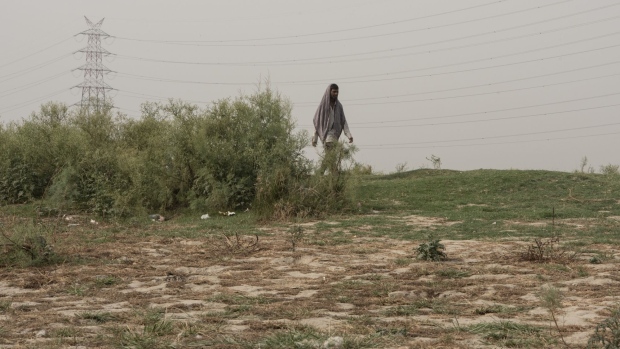Jul 6, 2022
Climate Change in India Could Mean Faster Rate Hikes, HSBC Says
, Bloomberg News

(Bloomberg) -- Inflation forecasting errors may have risen in India due to climate change, impacting food as well as fuel inflation, and that may require more rate hikes from the central bank to anchor prices, according to HSBC Holdings Plc.
“Although inflation in India has always been susceptible to supply shocks, climate change-induced surprises are making it more volatile and harder to forecast,” HSBC economists, led by Pranjul Bhandari, wrote in a report Wednesday. “This, then, raises the challenge for the central bank.”
Monetary authorities globally are playing catch up in trying to tame prices that have risen to multi-year highs. The Reserve Bank of India also pivoted from its growth-focused stance to rein in inflation in a hurry. Since May, it has hiked rates by 90 basis points and raised its inflation forecast by 100 basis points to 6.7% for the current fiscal year, higher than its upper tolerance limit.
“With inflation volatility rising, it will become more challenging over time to anchor inflation expectations at desired levels. This, in some situations, may require larger rate hikes in order to remain close to the inflation target, which, in turn, would slow GDP growth,” the economists wrote.
Altering weather patterns is impacting both food and fuel inflation, that makes up for nearly 55% of the country’s inflation basket and the RBI might have to experiment with new techniques such as raising rates earlier in the cycle, they said.
India’s agriculture sector relies heavily on monsoon rains due to limited irrigation facilities and extreme weather events risk hurting food output.
“India will eventually need a coordinated institutional framework tying together the different parts of policymaking in order to navigate these increasingly volatile times,” they wrote, adding that erratic rains could hurt farm incomes and climate change-led increases in energy demand could widen the trade deficit.
©2022 Bloomberg L.P.






